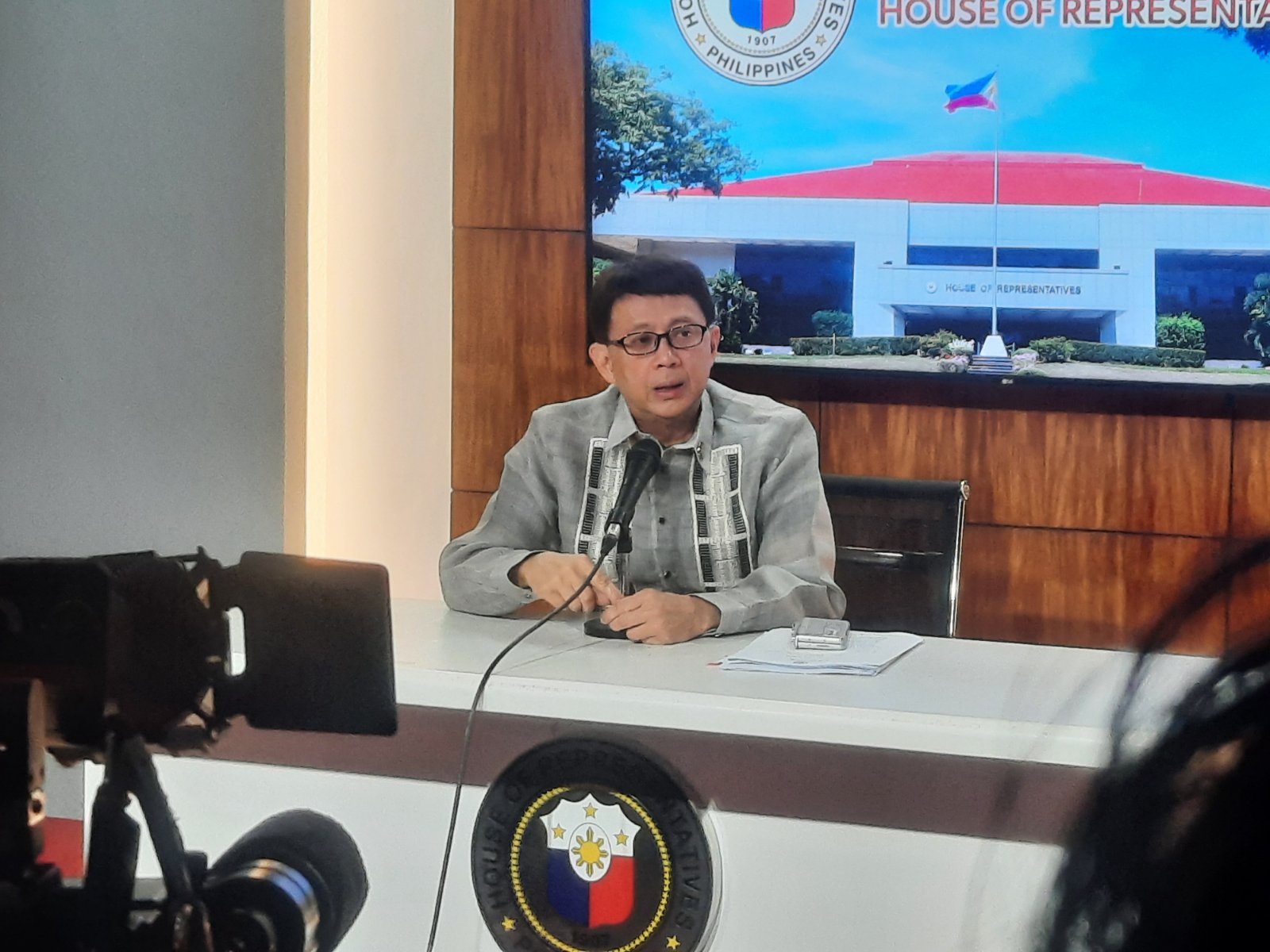What happened to P10.3-B scholarship fund from CHEd? Daza wants to know
At A Glance
- Senior Deputy Minority Leader Northern Samar 1st district Rep. Paul Daza wants an audit of the P10.3-billion fund earmarked for the free tuition and living allowance of thousands of poor tertiary level students enrolled in state universities and colleges (SUCs) and in private higher educational institutions (HEIs).
 Northern Samar 1st district Rep. Paul Daza (Ellson Quismorio/ MANILA BULLETIN)
Northern Samar 1st district Rep. Paul Daza (Ellson Quismorio/ MANILA BULLETIN)
Senior Deputy Minority Leader Northern Samar 1st district Rep. Paul Daza wants an audit of the P10.3-billion fund earmarked for the free tuition and living allowance of thousands of poor tertiary level students enrolled in state universities and colleges (SUCs) and in private higher educational institutions (HEIs).
The P10.3 billion is part of the Higher Education Development Fund (HEDF) allocated to the CHEd. The fund came from the earnings of the Philippine Amusement and Gaming Corp. (Pagcor), Professional Regulation Commission (PRC) and travel tax.
Daza sought the audit as a response to the Association of Higher Education Institution (AHEI) Region XII's complaints against the Commission on Higher Education (CHEd) for non-payment of student scholarship under the Unified Student Financial Assistance System for Tertiary Education or UniFAST.
According to Agapio Lubaton, AHEI president and chief executive officer of the Marvelous College in Koronadal City, CHEd's total unpaid dues for school years (SY) 2021-2023 amounted to P2.1 billion.
UniFAST is in charge with the implementation of Republic Act (RA) No.10931, or the Universal Access to Quality Tertiary Education Act.
"Those are earmarked funds by law and cannot be used outside of its specified purpose," Daza said. He noted that if the money is unused, then it would just stay idle at the National Treasury.
At the same time, Daza called on President Matrcos to order a review of CHEd's performance pertaining to education standard, enolment, and graduation rates and drop rates, among others.
"I am really disappointed with CHEd. The President probably should order an internal review of the CHEd's performance, the attrition rate, drop out rate of Filipino students," said the veteran congressman.
He expressed dismay over reports that the drop out rate was at 30 to 40 percent a year, meaning only 60 students were able to graduate out of 100 who enrolled.
"You have P10 billion but you don't use it, I suspect there is a hidden agenda, That should be reviewed and investigated by the Commission on Audit and Malacanang," the Visayas solon added.
Under the UniFAST program, scholars are to be provided P30,000 per semester for tuition fee and living allowance. CHEd is supposed to remit the funding to the SUCS or local universities and colleges (LUCS)--and in the absence of SUCs and LUCs in some areas--to private HEIs.
AHEI also complained that just recently, CHEd suddenly changed the guidelines that the DSWD's (Department of Social Welfare and Development) so called "listahan 3.0" would be used as basis for. This resulted to the inclusion of very few scholars for SY 2022-2023 up to the present because what was listed on the said list were the parents of the students.
"Many schools suffer because while waiting for payment, students still attend school without paying their school fees," said Lubaton, who added that in his school, a measly 36 out of 1,800 aspiring grantees were accepted as scholars due to the new guidelines.
"There is no guidance from CHEd as to how poor but deserving students will be part of the DSWD listahan 3,0," he further said.